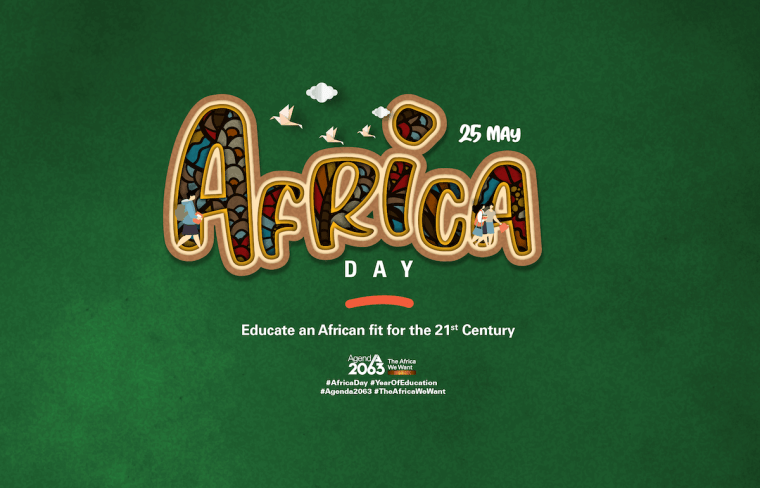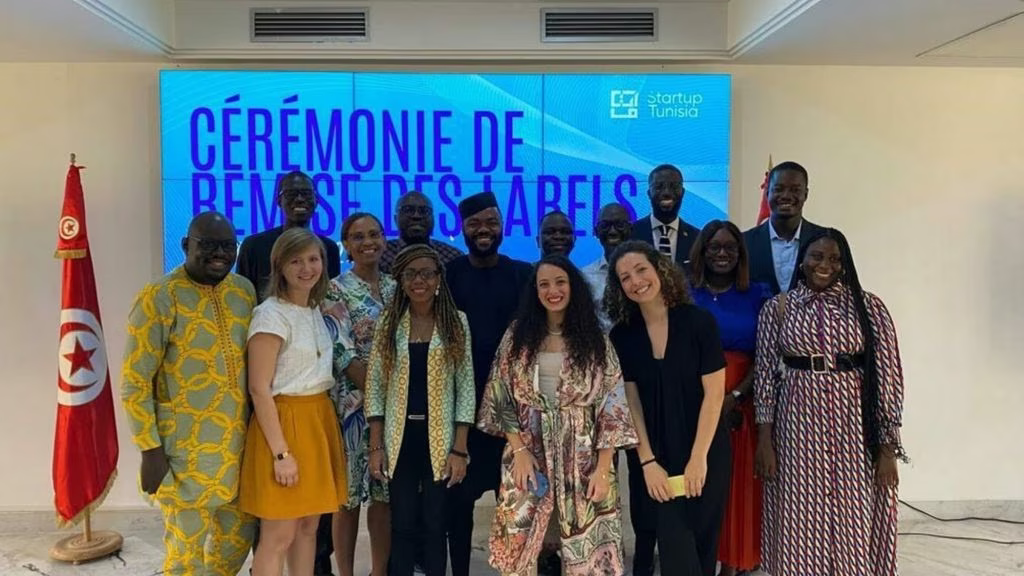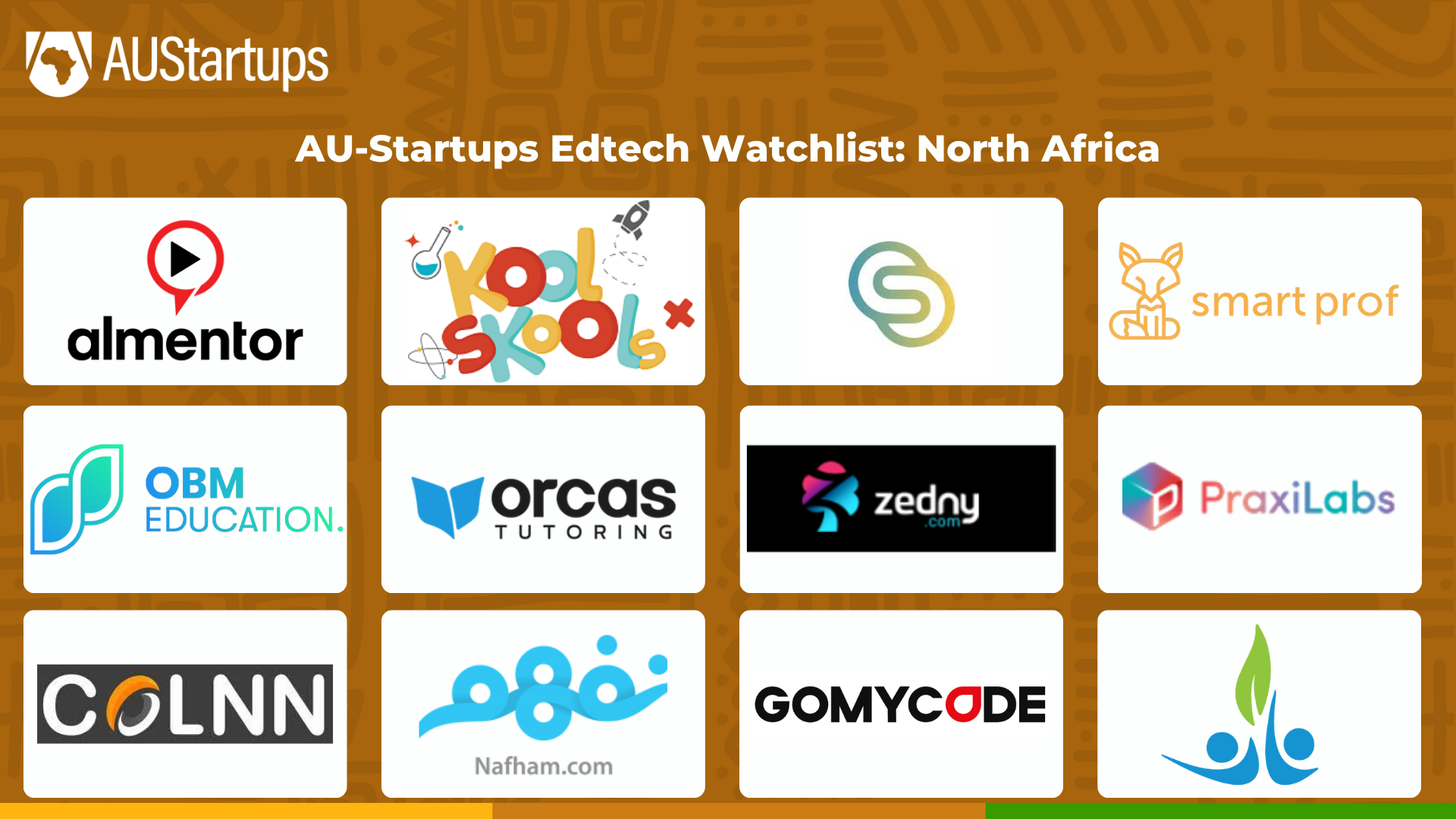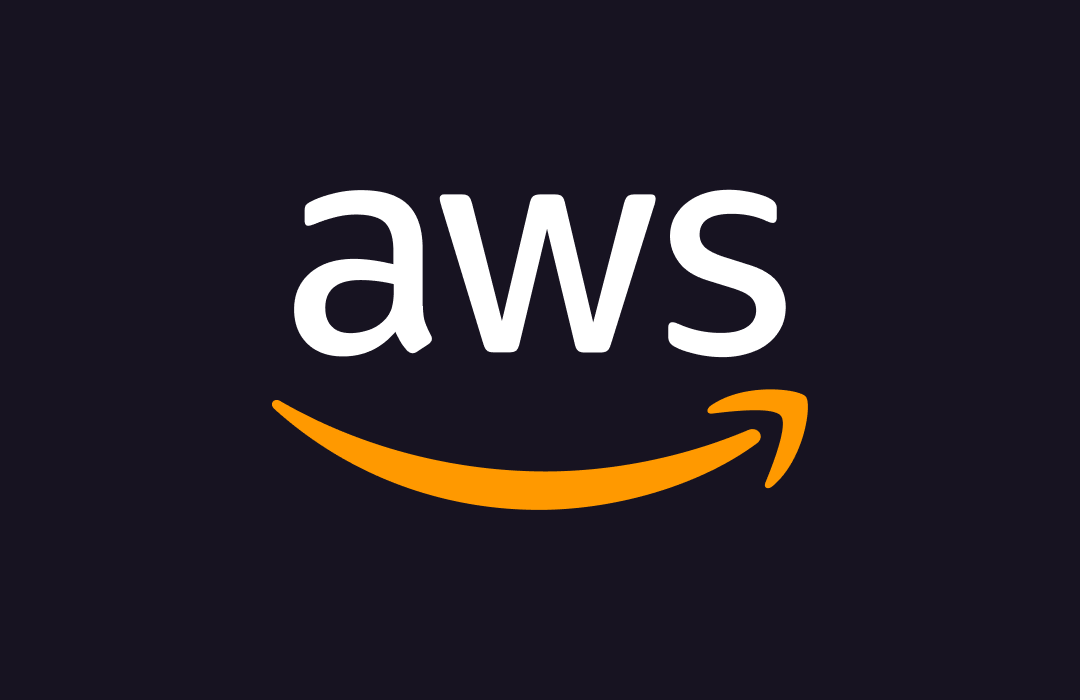The annual Africa Day, Celebrated on the 25th of May every year, was set aside to commemorate the founding of the African Union, otherwise known as the Organization of African Unity (OAU) in 1963. The day marks a pivotal moment in Africa’s history and is symbolic of the desire for unity, peace, and a collaborative spirit among the nations on the continent.
As declared by the African Union, the 2024 Africa Day is celebrated with a focus on education on the continent. The theme for the day is “Education Fit for the 21st Century.” The goal of the theme is to promote awareness of the future of education in Africa.
In line with this theme, this article examines the roles technology and Edtech solutions providers play in shaping education in Africa in the 21st century.
How Edtech Solutions Are Contributing to Education in Africa
Education systems have come a long way in Africa as it has in the rest of the world. But even after years of improvements, traditional African education programs are still behind the times, failing to develop creativity in students.
The typical academic curriculum in a regular African school does little to improve the innate potential of the teeming youths subjected to it. As such, a restructuring of the existing learning and teaching systems in formal education institutions is crucial to eliminating this problem.
While the traditional education institutions in Africa grapple with the realities of their obsolete systems, Edtech solutions have come into the fray, offering advanced learning systems that aim to address some of these problems and bridge the divides.
Ed-tech or educational technologies involve the practical use of digital systems to optimize knowledge delivery and acquisition processes and resources.
Through their solutions, African Edtech startups are bridging gaps in the educational sector and are preparing students for the demands of the 21st century.
Revolutionizing Access to Education
The lack of access to quality education is a significant and alarmingly widespread challenge in Africa. In many regions, existing traditional educational infrastructure is insufficient to meet demands.
Thankfully, several African Edtech startup solutions are aimed at addressing this issue head-on.
For example, Eneza Education, a mobile-based learning platform, provides interactive educational content to students in Kenya, Ghana, and Côte d’Ivoire. The startup’s digital solution leverages mobile devices and has reached millions of students, offering courses in line with national curricula and enabling remote learning even in the most underserved areas.
Similarly, Ubongo, an educational entertainment company, uses TV, radio, and mobile platforms to deliver engaging and locally relevant educative content for learners. With its popular animated series “Ubongo Kids” and “Akili and Me,” the startup has captivated young audiences across Africa, promoting literacy, numeracy, and critical thinking skills through storytelling and interactive lessons.
Enhancing Learning Experiences
In addition to improving access, African Edtech startups are also enhancing the quality of education on the continent. Several of their tailored solutions incorporate interactive and personalized learning experiences to make education more engaging and effective.
For example, uLesson, a Nigerian Edtech startup, offers video tutorials, quizzes, and interactive tests through its digital app tailored to the West African educational curriculum. The platform’s adaptive learning features help identify students’ strengths and weaknesses, providing customized content to individual learning needs.
Moreover, companies like Moringa School in Kenya are redefining tech education by providing intensive coding boot camps and software development courses. Their programs are designed to equip students with practical, job-ready skills. Essentially, they are addressing the skills gap in the tech industry and fostering a new generation of African tech talent.
Empowering Educators
African Edtech innovations do not focus only on the students’ needs, they also cater to educators as well. Several digital solutions have been created to empower educators with the tools they need to improve teaching methodologies and student outcomes in Africa.
For instance, Snapplify, a South African company, offers a digital education platform that provides teachers with access to a vast library of e-books and educational resources. Solutions like this enable teachers to create more dynamic and interactive lessons, catering to diverse learning styles among students while enhancing their engagement.
Similarly, in Rwanda, Andela has pioneered a model of investing in African tech talent by training software developers and connecting them with global companies. This creates job opportunities and builds a community of skilled professionals who contribute to the local and global tech ecosystem.
Addressing Educational Inequality
African Edtech startups are playing a crucial role in addressing educational inequality. The numerous solutions from the startups are making learning resources available online and through mobile devices to help students from various socioeconomic backgrounds have access to quality education.
For example, ScholarX in Nigeria provides scholarship opportunities and funding solutions for students, helping to alleviate financial barriers to education.
Additionally, platforms like Eneza Education and Ubongo are specifically designed to reach students in remote and underserved areas, ensuring that no child is left behind. These initiatives are crucial in reducing the educational disparity between urban and rural areas and promoting inclusive and equitable education for all.
Preparing for the Future – Making Education in Africa Fit for the 21st Century.
As we look towards the future, the role of Edtech in shaping education in Africa cannot be overstated. The rapid advancements in technology, coupled with the growing internet penetration, present fascinating opportunities for educational innovation. African Edtech startups are at the forefront of this revolution, preparing students for the demands of the 21st century by fostering digital literacy, critical thinking, and problem-solving skills.
Furthermore, the emphasis on STEM (Science, Technology, Engineering, and Mathematics) education by these startups is equipping students with the skills needed to thrive in a rapidly changing world. Through their efforts to promote a culture of innovation and continuous learning, African Edtech companies are shaping the future of education and contributing to the continent’s socio-economic development.





